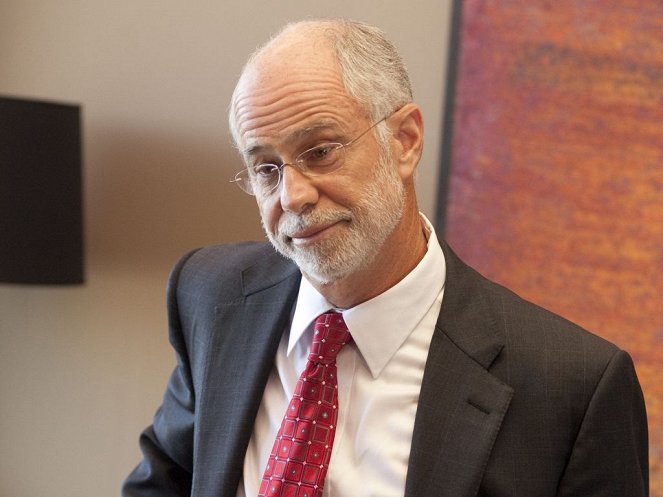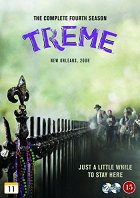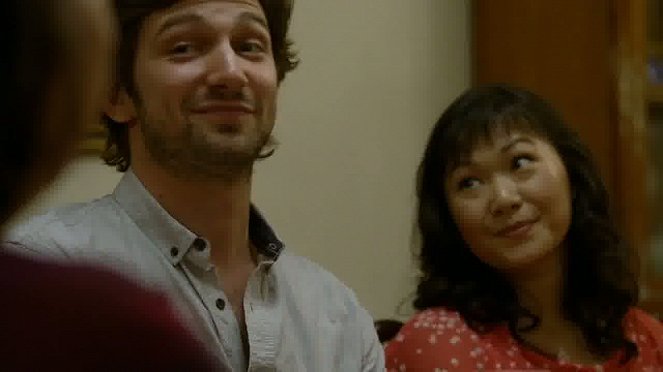Seasons(4) / Episodes(36)
Plots(1)
Amid the ruins of an American city, ordinary people--musicians, chefs, residents--find themselves clinging to a unique culture and wondering if the city that gave birth to that culture still has a future. (official distributor synopsis)
Videos (14)
Reviews (1)
Feel the music. Get through the day, enjoy the night and hope that everything will turn out okay. As one of the characters observes, the work ethic in New Orleans isn’t worth much, and that is matched by the slow pace of the narrative. A bit of drama, a bit of talk, a lot of music. Treme is still less action-oriented than The Wire, by the same creator. The two series are linked by their maximum emphasis on the characters and attention focused on the social network that connects them. Nothing happens out of nothing and for nothing, and there is also no sense of a screenwriting construct or dramatic arc, or whatever you want to call it. If something is supposed to happen, it happens. The rejection of conventional narrative devices (non-diegetic music, concluded micro-stories, cliffhangers) does not mean that Treme is a cold series or that it cannot draw viewers in. It can, but it just needs more time for that and for viewers to get to know and understand the characters. Then all that’s required is a hint, formalistically delivered as unobtrusively as all of the others, in order for it to get to you and pull you in. Proof of that consists in the final episode, in which the cyclical narrative is concluded with the clever use of the only longer retrospective (thanks to which the outcome is not so hopeless: empty x lively streets), when I was regularly moved. What can be a better reference for a series than the viewer’s reluctance to leave its protagonist with the last episode? Season 2: David Simon still hasn’t sold out. The drama is shaped in such a way that it doesn’t seem contrived. The characters are not tormented, nor are they forced to utter empty phrases like “I love you”. Just as it starts to somewhat steal from The Wire (certain situations and shots, which are in the directors’ hands, however), Treme uses crime on the streets of New Orleans much more modestly (and thus all the more effectively) than it uses the local music, and thus resists the temptation to start writing another detective series. Something else that stands out in the second season is how boldly John Goodman plays his character. That may not necessarily be a good thing, however, because whoever looks for someone to replace him among the new and old characters will probably not be successful. Nevertheless, this balance, when no one and nothing needlessly stands out, is what I appreciate most about Simon’s work. Season 3: The jazz tempo remains along with the subversion of genre conventions (detective work that goes nowhere, the disillusioning pursuit of the American Dream, the courtroom drama without a verdict), and the unwillingness to reach for tried-and-true dramatic shortcuts and to find the easiest solution for the protagonist. But this more urgently raises the question, when does faithfulness to the method become creative stagnation? On the one hand, it would seriously require a substantial revitalisation, but the constant unhurriedness, unpredictability and naturalness enriches all of Simon’s works with an extraordinary degree of truth. In essence, this is mainly the result of thinking about the characters at least as much as about the viewer, so that everything is not mindlessly subordinated to the viewer’s enjoyment. Few people dare to take such a step in television, or in film for that matter. 90%
()
(less)
(more)
Gallery (237)
Photo © Home Box Office (HBO)


